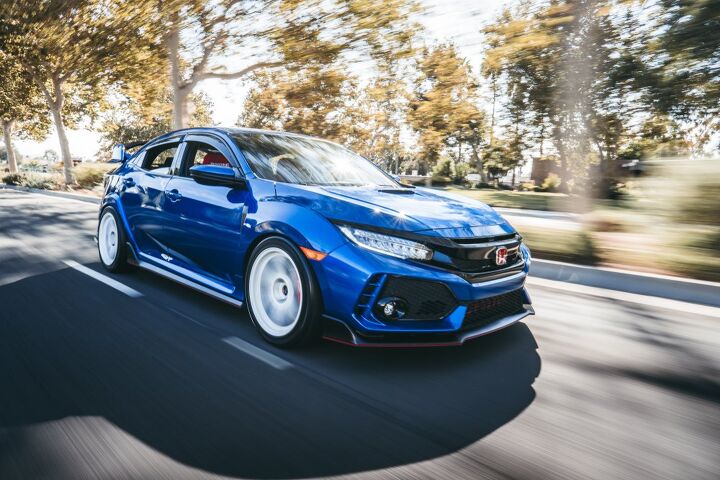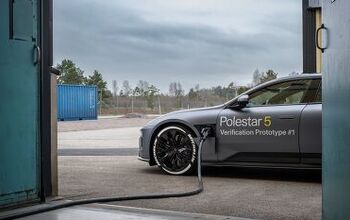Consumer Reports: Most Reliable Car Brands of the Year - Find Out Who Ranks Highest
The automotive industry offers a range of options for consumers seeking reliable vehicles. A recent study by Consumer Reports provides a detailed look into the reliability of various car brands, helping buyers make informed decisions.
Leading Brands in Reliability
- Lexus (Score: 79)
- Toyota (Score: 76)
- Mini (Score: 71)
- Acura (Score: 70)
- Honda (Score: 70)
Rounding out the top 10 are Subaru, Mazda, Porsche, BMW, and Kia. These scores reflect a trend towards higher reliability across these manufacturers.
How Reliability is Scored
The methodology behind these scores involves comprehensive surveys of Consumer Reports members, covering over 330,000 vehicles from the years 2000 to 2023, including some early 2024 models. The survey assesses 20 different trouble areas, varying from minor issues to major system faults. The final score, out of 100, is a combination of problem severity, track testing, owner satisfaction, and safety data.
Focus on Electric and Hybrid Vehicles
The study pays special attention to electric and hybrid vehicles, including new criteria specific to these types of vehicles. These criteria assess electric motors, hybrid batteries, and charging systems. Hybrids show 26% fewer problems than traditional vehicles, but plug-in hybrids and electric vehicles often score lower in reliability.
Reliability by Region
Asian car manufacturers lead in reliability with an average score of 63, followed by European brands at 46 and domestic brands at 39. Cars, including sedans, hatchbacks, and wagons, are noted as the most reliable vehicle type.
Highlights of Specific Models
In model-specific observations, Lexus's NX model scores average in predicted reliability, with the rest of its lineup above average. Toyota's 4Runner SUV is noted for its high reliability, while the Tundra is marked for lower reliability. Acura's RDX and TLX models receive praise for their above-average reliability.
This article was co-written using AI and was then heavily edited and optimized by our editorial team.
More by TTAC Staff
Latest Car Reviews
Read moreLatest Product Reviews
Read moreRecent Comments
- AZFelix With both fuel lines and battery packs, Lamborghini owners can soon wager on which part of the engine will instigate the self immolation of their super cars.
- Namesakeone The realities of the market have spoken: with a little help of a lingering recession (in that most families need a car for every purpose, rather than affording multiple cars as once was true), and with a little advertising-prodding from the manufacturers, the SUV and crossover have, in turn, replaced the station wagon, the minivan, and now the sedan. (Or maybe the minivan replaced the station wagon. Whatever.) I still like cars, but the only votes are the ones that a.) come to new-car dealerships, and b.) come with money attached. Period.
- MaintenanceCosts "But your author does wonder what the maintenance routine is going to be like on an Italian-German supercar that plays host to a high-revving engine, battery pack, and several electric motors."Probably not much different from the maintenance routine of any other Italian-German supercar with a high-revving engine.
- 28-Cars-Later "The unions" need to not be the UAW and maybe there's a shot. Maybe.
- 2manyvettes I had a Cougar of similar vintage that I bought from my late mother in law. It did not suffer the issues mentioned in this article, but being a Minnesota car it did have some weird issues, like a rusted brake line.(!) I do not remember the mileage of the vehicle, but it left my driveway when the transmission started making unwelcome noises. I traded it for a much newer Ford Fusion that served my daughter well until she finished college.


































Comments
Join the conversation